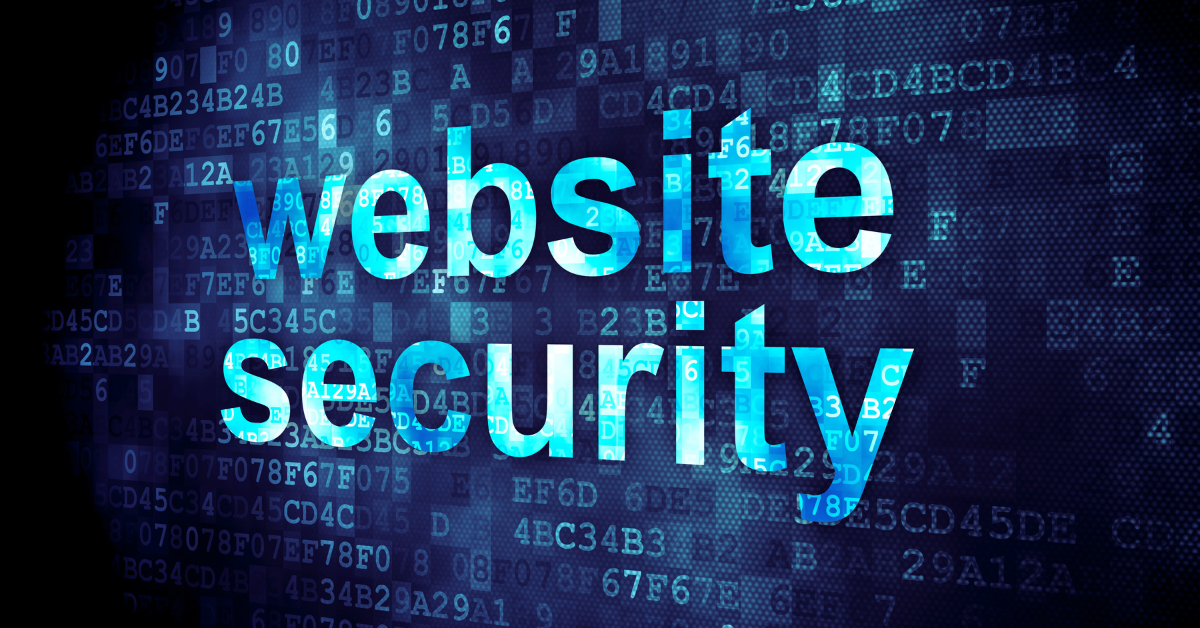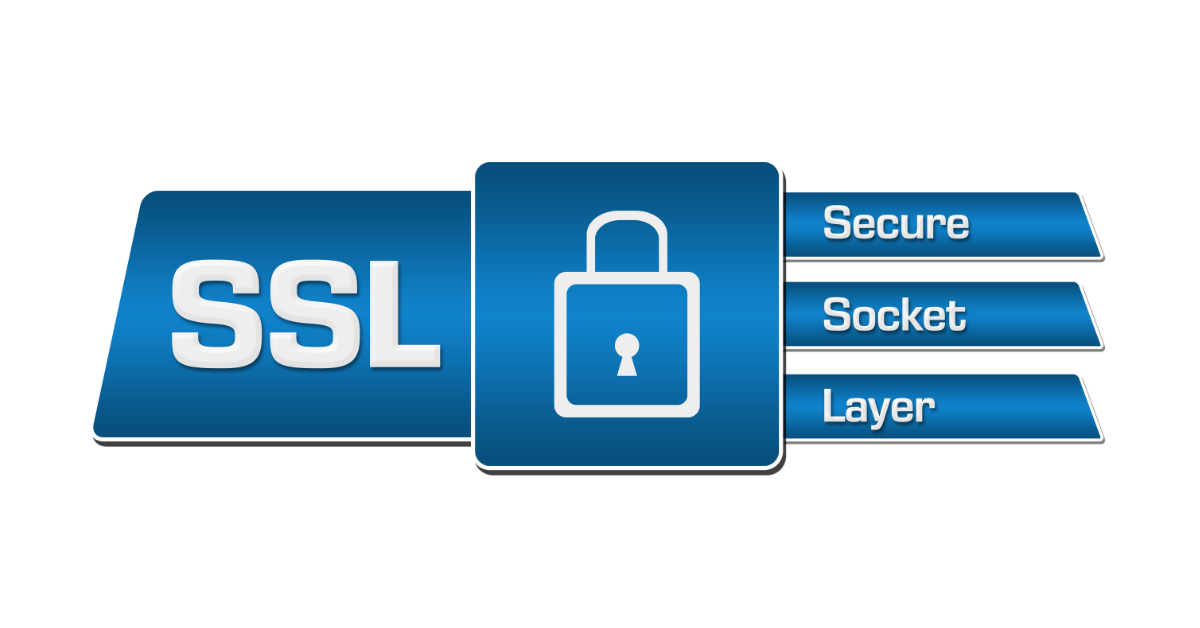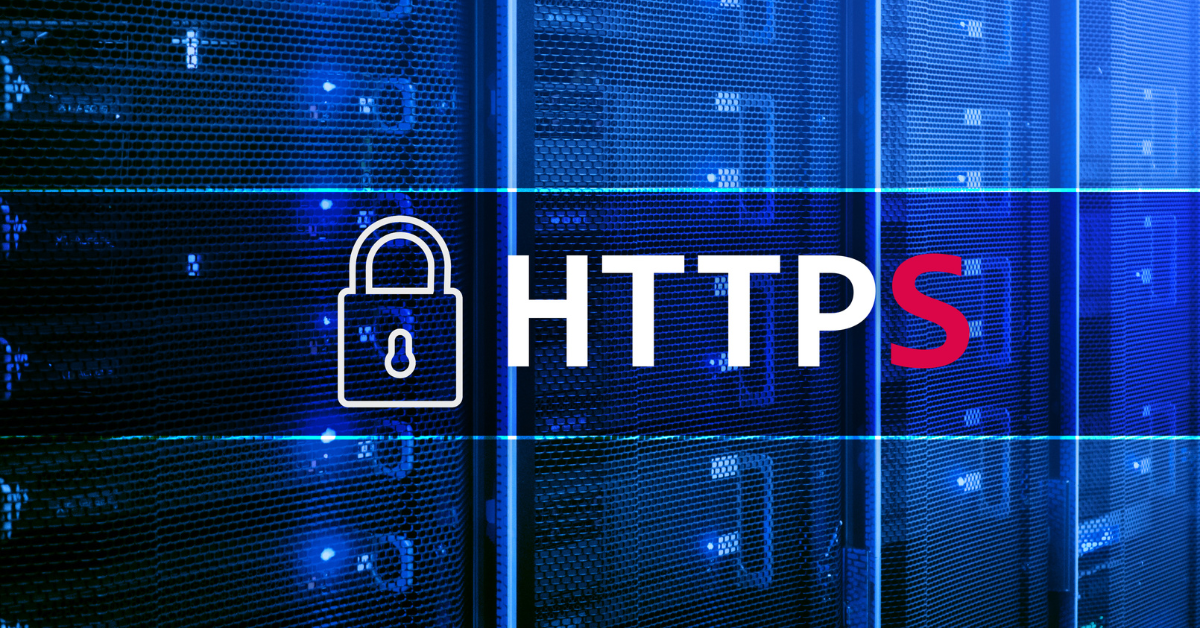Website Security 101: Protecting Your Online Presence

In an era where online threats are on the rise, safeguarding your website is no longer an option but a necessity. Whether you run a small blog or a thriving e-commerce platform, adopting robust security measures is crucial to protect your online presence.
In this guide, we’ll explore the essential components of website security, including SSL certificates, regular backups, and protection against cyber threats.
The security of your website directly impacts your reputation and user trust. Cyber threats, ranging from data breaches to malicious attacks, pose significant risks to businesses and individuals alike. Let’s delve into the basics of website security and why it’s a fundamental aspect of managing an online presence.
THE BASICS OF WEBSITE SECURITY
Website security encompasses measures and protocols designed to protect your website and its users from unauthorized access, data breaches, and other cyber threats. It goes beyond a mere SSL certificate, encompassing a holistic approach to safeguarding digital assets.
There’s a common misconception that only large websites are susceptible to cyber threats. In reality, websites of all sizes are potential targets. Every website, regardless of its scale, needs to prioritize security to mitigate risks effectively.
With the increasing sophistication of cyber threats, having robust security measures is not just beneficial but necessary. It’s an investment in the longevity and credibility of your online presence.
SSL CERTIFICATES:
SSL (Secure Sockets Layer) stands as a cornerstone in the defense of your website against cyber threats. This standard security protocol is designed to establish encrypted links between a web server and a user’s browser. The encryption employed by SSL ensures that any data transmitted between these two entities remains private and secure. This is especially critical when handling sensitive information such as user credentials, personal details, and financial transactions.
OBTAINING AN SSL CERTIFICATE:
Securing your website with an SSL certificate is a process that involves several key steps, each crucial for ensuring a robust and reliable security infrastructure.
Choosing a Certificate Authority (CA): Start by selecting a reputable Certificate Authority (CA) from which to obtain your SSL certificate. Popular CAs include Let’s Encrypt, DigiCert, and Comodo. This choice influences the credibility and recognition of your SSL certificate.
Generating a Certificate Signing Request (CSR): Once you’ve chosen a CA, generate a Certificate Signing Request (CSR) from your web server. The CSR contains essential information about your organization and domain. This step initiates the certificate issuance process.
Purchasing and Validating the Certificate: Submit the CSR to your chosen CA and complete the purchase process. The CA will then validate your identity and ownership of the domain before issuing the SSL certificate. The validation methods may include email verification, DNS record verification, or others.
Installing the Certificate on Your Server: After the certificate is issued, follow the specific instructions provided by your CA to install it on your web server. The installation process may vary based on your server type (e.g., Apache, Nginx). Ensuring a successful installation is critical for activating the SSL protection on your website.
IMPORTANCE OF HTTPS FOR YOUR WEBSITE SECURITY:
Implementing HTTPS (Hypertext Transfer Protocol Secure) through SSL is not merely an option but a strategic necessity for modern websites. Beyond the fundamental role of securing data during transmission, HTTPS contributes significantly to your website’s overall performance and trustworthiness.
Data Security: The primary function of HTTPS is to secure the data exchanged between a user’s browser and the web server, protecting it from potential interception by malicious actors. This is particularly crucial for safeguarding sensitive information, such as login credentials or financial transactions.
Search Engine Rankings: Search engines, including Google, prioritize websites that use HTTPS. Google, for instance, considers HTTPS as a ranking factor, potentially boosting your site’s visibility in search results. This means implementing HTTPS is not just a security measure but also a strategy for enhancing your website’s search engine optimization (SEO).
User Trust: A website with the “Secure” label in the address bar instills confidence in users. The visual indicator of a secure connection, often represented by a padlock icon, assures visitors that their interactions with your site are protected. This trust is invaluable for building a positive user experience and encouraging engagement.
REGULAR BACKUPS
Regular backups are your safety net in case of data loss due to various reasons, including cyberattacks, hardware failures, or accidental deletion. They enable you to restore your website to a previous state quickly.
Understanding the different types of backups, such as full backups and incremental backups, allows you to tailor your backup strategy to your specific needs.
We recommend automated and regular backups, storing them in secure offsite locations. This ensures that even in the worst-case scenario, your data is recoverable.
PROTECTION AGAINST CYBER THREATS
Being aware of common threats like malware, phishing, and DDoS attacks is the first step toward effective protection. Firewalls and intrusion detection systems act as barriers against unauthorized access. Proper configuration is crucial to their effectiveness.
Regularly updating your website’s software, plugins, and content management system (CMS) patches vulnerabilities, reducing the risk of exploitation by cybercriminals.
Remember, the key to effective website security is staying informed and proactive. Regularly update your security measures, educate your users, and be prepared to adapt to emerging threats.
Key Takeaways
By prioritizing website security, you are taking a crucial step toward ensuring a safe and reliable online experience for both you and your audience.
Learn how Empire Creative can assist you with maintaining and enhancing the online security of your website. Contact us today!
Website Security 101: Protecting Your Online Presence

In an era where online threats are on the rise, safeguarding your website is no longer an option but a necessity. Whether you run a small blog or a thriving e-commerce platform, adopting robust security measures is crucial to protect your online presence.
In this guide, we’ll explore the essential components of website security, including SSL certificates, regular backups, and protection against cyber threats.
The security of your website directly impacts your reputation and user trust. Cyber threats, ranging from data breaches to malicious attacks, pose significant risks to businesses and individuals alike. Let’s delve into the basics of website security and why it’s a fundamental aspect of managing an online presence.
THE BASICS OF WEBSITE SECURITY
Website security encompasses measures and protocols designed to protect your website and its users from unauthorized access, data breaches, and other cyber threats. It goes beyond a mere SSL certificate, encompassing a holistic approach to safeguarding digital assets.
There’s a common misconception that only large websites are susceptible to cyber threats. In reality, websites of all sizes are potential targets. Every website, regardless of its scale, needs to prioritize security to mitigate risks effectively.
With the increasing sophistication of cyber threats, having robust security measures is not just beneficial but necessary. It’s an investment in the longevity and credibility of your online presence.
SSL CERTIFICATES:
SSL (Secure Sockets Layer) stands as a cornerstone in the defense of your website against cyber threats. This standard security protocol is designed to establish encrypted links between a web server and a user’s browser. The encryption employed by SSL ensures that any data transmitted between these two entities remains private and secure. This is especially critical when handling sensitive information such as user credentials, personal details, and financial transactions.
OBTAINING AN SSL CERTIFICATE:
Securing your website with an SSL certificate is a process that involves several key steps, each crucial for ensuring a robust and reliable security infrastructure.
Choosing a Certificate Authority (CA): Start by selecting a reputable Certificate Authority (CA) from which to obtain your SSL certificate. Popular CAs include Let’s Encrypt, DigiCert, and Comodo. This choice influences the credibility and recognition of your SSL certificate.
Generating a Certificate Signing Request (CSR): Once you’ve chosen a CA, generate a Certificate Signing Request (CSR) from your web server. The CSR contains essential information about your organization and domain. This step initiates the certificate issuance process.
Purchasing and Validating the Certificate: Submit the CSR to your chosen CA and complete the purchase process. The CA will then validate your identity and ownership of the domain before issuing the SSL certificate. The validation methods may include email verification, DNS record verification, or others.
Installing the Certificate on Your Server: After the certificate is issued, follow the specific instructions provided by your CA to install it on your web server. The installation process may vary based on your server type (e.g., Apache, Nginx). Ensuring a successful installation is critical for activating the SSL protection on your website.
IMPORTANCE OF HTTPS FOR YOUR WEBSITE SECURITY:
Implementing HTTPS (Hypertext Transfer Protocol Secure) through SSL is not merely an option but a strategic necessity for modern websites. Beyond the fundamental role of securing data during transmission, HTTPS contributes significantly to your website’s overall performance and trustworthiness.
Data Security: The primary function of HTTPS is to secure the data exchanged between a user’s browser and the web server, protecting it from potential interception by malicious actors. This is particularly crucial for safeguarding sensitive information, such as login credentials or financial transactions.
Search Engine Rankings: Search engines, including Google, prioritize websites that use HTTPS. Google, for instance, considers HTTPS as a ranking factor, potentially boosting your site’s visibility in search results. This means implementing HTTPS is not just a security measure but also a strategy for enhancing your website’s search engine optimization (SEO).
User Trust: A website with the “Secure” label in the address bar instills confidence in users. The visual indicator of a secure connection, often represented by a padlock icon, assures visitors that their interactions with your site are protected. This trust is invaluable for building a positive user experience and encouraging engagement.
REGULAR BACKUPS
Regular backups are your safety net in case of data loss due to various reasons, including cyberattacks, hardware failures, or accidental deletion. They enable you to restore your website to a previous state quickly.
Understanding the different types of backups, such as full backups and incremental backups, allows you to tailor your backup strategy to your specific needs.
We recommend automated and regular backups, storing them in secure offsite locations. This ensures that even in the worst-case scenario, your data is recoverable.
PROTECTION AGAINST CYBER THREATS
Being aware of common threats like malware, phishing, and DDoS attacks is the first step toward effective protection. Firewalls and intrusion detection systems act as barriers against unauthorized access. Proper configuration is crucial to their effectiveness.
Regularly updating your website’s software, plugins, and content management system (CMS) patches vulnerabilities, reducing the risk of exploitation by cybercriminals.
Remember, the key to effective website security is staying informed and proactive. Regularly update your security measures, educate your users, and be prepared to adapt to emerging threats.
Key Takeaways
By prioritizing website security, you are taking a crucial step toward ensuring a safe and reliable online experience for both you and your audience.
Learn how Empire Creative can assist you with maintaining and enhancing the online security of your website. Contact us today!










